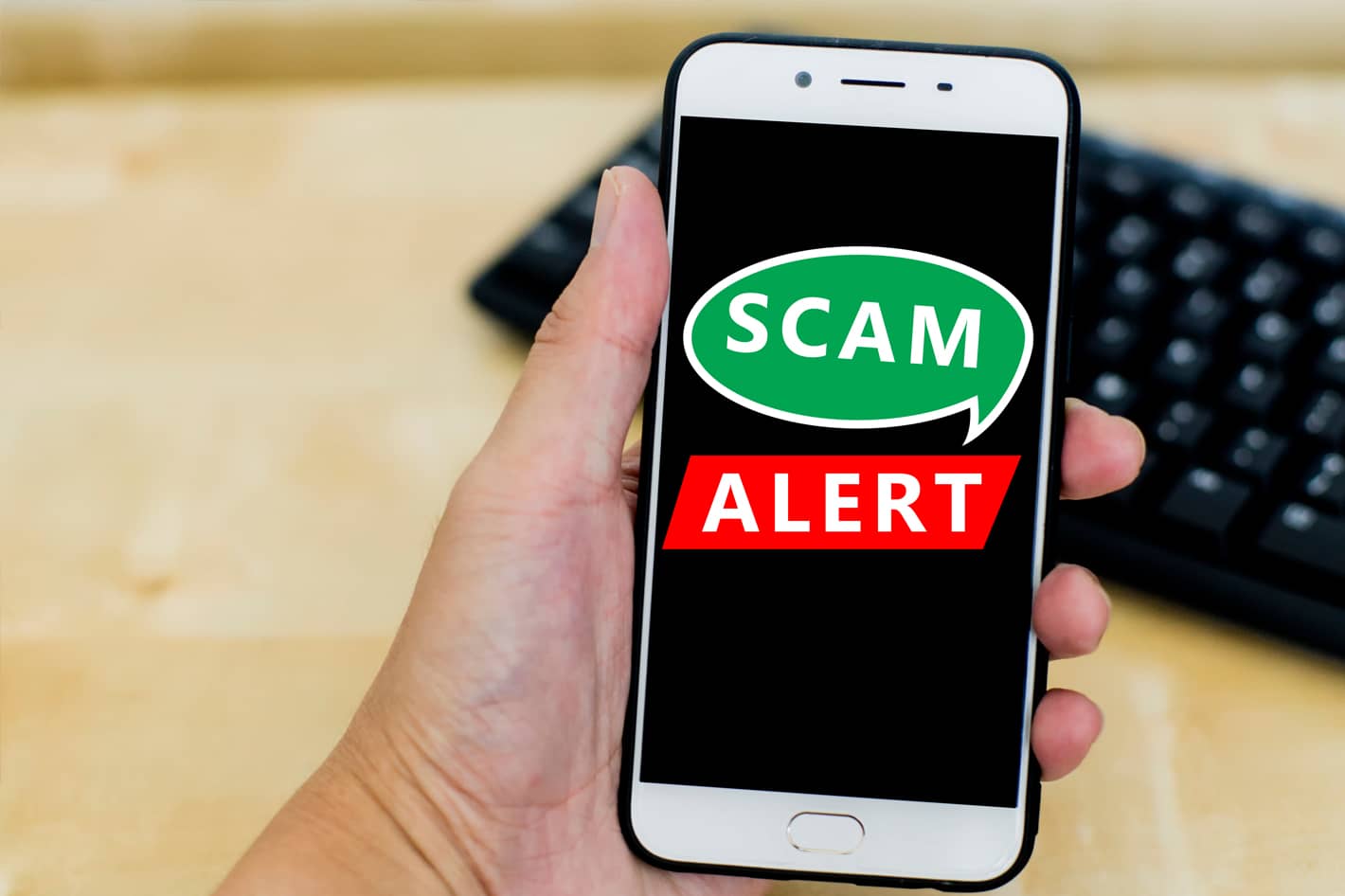
Financial Scams and Fraud: Protect Yourself and Your Money
No one wants to lose money to a financial scam or fraud. In 2020, the FTC received more than 2.1 million fraud reports resulting in consumers losing more than $3.3 billion, up from $1.8 billion in 2019.1
Keep yourself and your money safe using the resources below and know what to do if you’re a victim of a financial scam.
Most Common Scams
According to the FTC, these were the most reported types by consumers in 2020:
- Imposter scams – A dishonest person will contact you, usually by phone, email, or text, and try to trick you into sending them money. These imposters will pretend they work for a company that you would typically trust and say things like you owe money to the IRS, you won a prize but have to pay money to get it, a friend is in trouble and needs your help, or you got a check for too much money and need to send back the extra. These scams typically follow the same formula: they contact you, they present a problem or a prize, you have to pay them to get the reward or stop the trouble, and they ask for untraditional and usually untraceable forms of payment like wire transfers or gift cards.
- Identity theft – someone steals or tricks you into giving your personal information, used to commit fraud or other crimes. The most common misuse is applying for a government benefit like unemployment insurance or social security.
- Online scams – include phishing emails, fake e-commerce sites, and software, all designed to trick you into sending them money or giving out your personal information.
How To Protect Yourself
Be aware – signs it’s likely a scam:
- They contact you
- There is some sort of “bait”
- They ask for your personal information
- You have to pay them first to get whatever they are baiting you with
- They ask you to send money via a wire transfer, gift cards, prepaid or cash reload card, or a money transfer app.
- It sounds too good to be true
- The website is not secure
- It has a sense of urgency
Scam and Fraud Resources
To learn more about common scams and how to protect yourself, visit:
What to do if you have been a victim or how to report a scam:
FTC – What to Do If You Were Scammed
LendingPoint will never contact you requesting money via a gift card, prepaid card or cash reload card, wire transfer, or a money transfer app as a condition for getting a personal loan.

